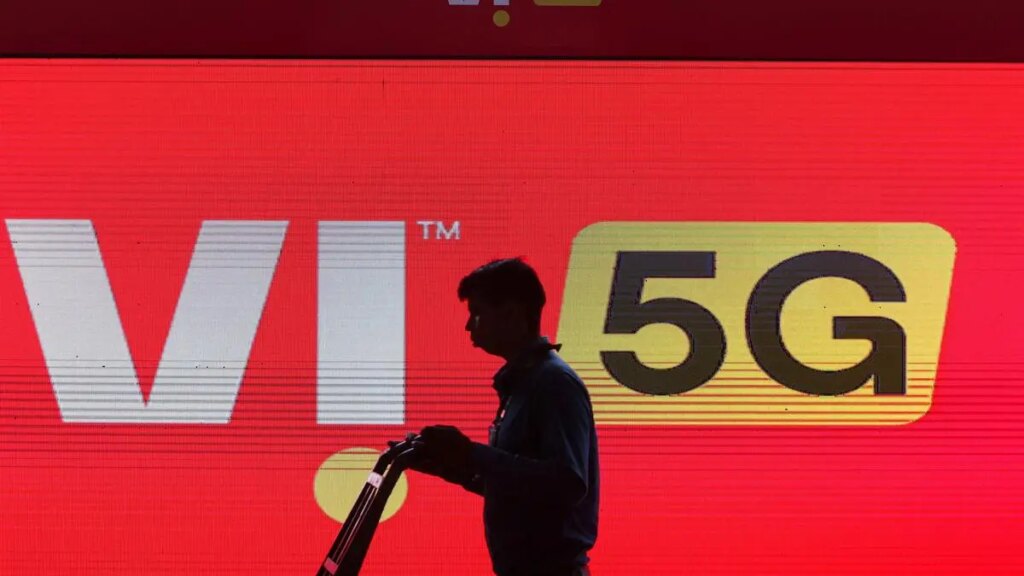The Central government’s decision to convert part of Vodafone Idea’s spectrum dues to equity may give the cash-strapped operator some respite in the short term but concerns around its long term survivability still remain, experts said.
Describing the 49 per cent government stake increase as “the need of the hour,” Subhendu Pattnaik, Chief Marketing Officer, Covasant, told businessline, “Right now, there’s just Bharti Airtel and Reliance Jio, nobody else. Vi is important to prevent a duopoly in the market. So the decision to try and keep the company afloat is a welcome choice.”
A proxy firm said the government wants to keep at least three competitors in the market to avoid a duopoly, said the firm. Suvesh Chattopadhyaya, Senior Director, Edge & Network, ST Telemedia Global Data Centers India Pvt. Ltd., said a duopoly could also lead to frequent tariff hikes if the two entities join hands. He also warned of anti-competitive behaviour where third parties will no longer be able to enter the market.
Avenues for Vi
Citi Research said that Vi’s ongoing launch of 5G services in select cities should improve market sentiment, arresting subscriber losses, while the conversion of spectrum dues to equity brings down Vi’s overall net debt by around 18 per cent. However, this debt still stands at around ₹2.2 lakh crore.
To give the company a further boost, Pattnaik suggested that the government bring in tax breaks and incentivisation.
“If it comes down to it, when Vi can no longer service, then maybe the government may consider insolvency but currently this step likely seeks to avoid getting Vi into an insolvency,” he said.
He also encouraged promoters to infuse more funds as that would augur well with shareholders. Further, Qualified Institutional Placement (QIP) would also help.
Another possibility is the merging of Vi with BSNL, said Chattopadhyaya. Pointing out that both companies are struggling, need bailouts from the government and want to rollout 5G, this can help companies grow from the same set of capital.
“This may lead to a unique growth journey for both organisations but there’s no precedence of such thing anywhere in the world where a private company is merged with an incumbent and both start doing well. There are small scale examples but not to this scale where Vi has almost 230 million subscribers and BSNL has about 90 million subscribers,” he said.
Pending bank guarantee
On the other hand, Parag Kar, independent telecom expert, said the move was made by the government as Vi had to pay its bank guarantee.
“The move was triggered by Vi’s failure to pay the ₹6,000 crore bank guarantee for spectrum payments from the 2015 auction. Unless the government writes off a large portion of Vi’s debt, it’s only a matter of time before Vi becomes a government-owned company, and this situation could severely impact customers,” Kar warned.
According to JM Financial, there remained many legal and other complications in waiving off Vi’s AGR and spectrum dues. For one, the Telecom Act, 2023 doesn’t explicitly empower the government to waive off the telcos’ dues. Though the Draft Telecom Bill contained a provision empowering the government to waive off telcos’ dues in the public interest, it was omitted in the final Act. Telcos pled with the Supreme Court for AGR relief but the apex court dismissed the petition in September 2024.
“We believe the equity conversion was largely expected (the only other option was to further extend the moratorium) as VIL’s liquidity position was not sufficient to pay government dues post the expiry of moratorium in September 2025-end. This is in line with the Centre’s intent to ensure a ‘3+1’ player market. This conversion will surely improve Vi’s near-term liquidity position but the structural concerns around its long-term survivability are largely unchanged,” said JM Financial.

